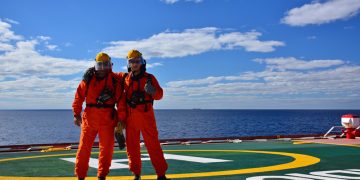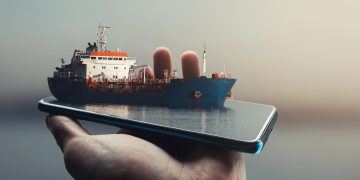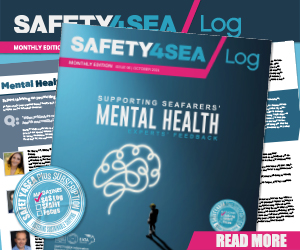Denmark holds workshop on sulphur regulation enforcement
For the first time all 16 SECA countries met for the Danish Maritime Authority’s (DMA) workshop on sulphur regulation enforcement. The leaving participants’ suitcases were filled with inspiration for strengthened national efforts and cross-country coordination. A total of 35 legal experts, port State control surveyors and naval architects from the authorities in Canada, the EU countries, Russia, the USA and the European Maritime Safety Agency (EMSA) checked into the Konventum Conference Centre in Elsinore on 25 February. Here, they were striving – in a very concentrated manner and positive and curious spirit – to exchange experiences and generate ideas for an improved and more homogeneous enforcement of the sulphur regulations. During the course of the two days, the participants covered many different themes related to the legal as well as the technical challenges faced when enforcing the sulphur regulations – and they got closer to each other. Deputy Director-General of the Danish Maritime Authority Christian Breinholt says about the workshop: ”The opportunity was provided for a different and more creative process than what is usually seen in international work. And it paid off all the way round. The participants are pleased that we succeeded in gathering all the SECA countries ...
Read more
























































